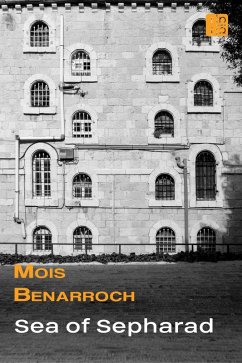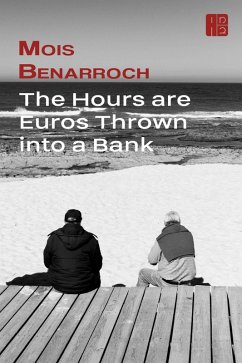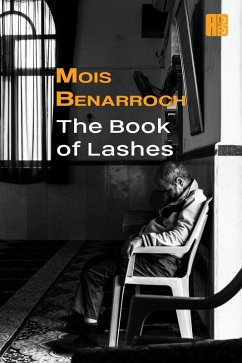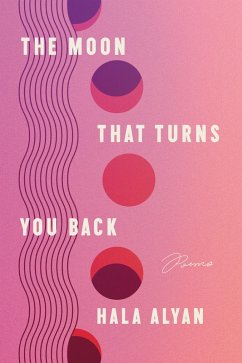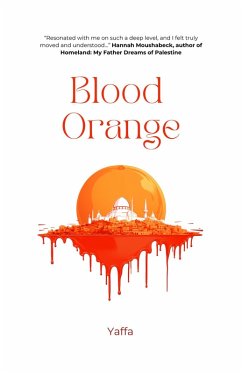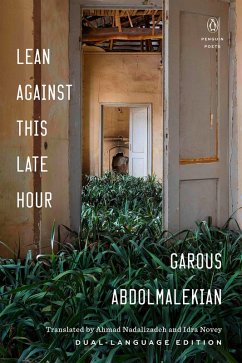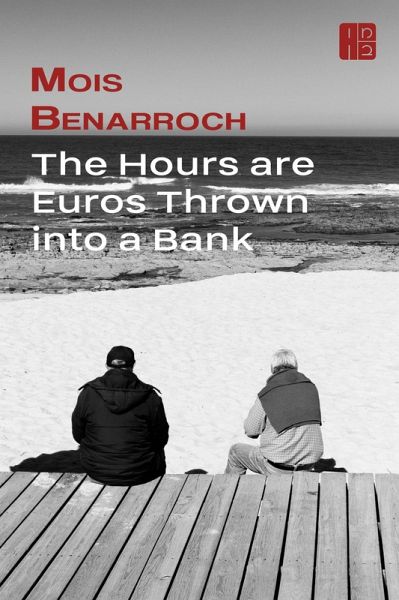
The Hours are Euros Thrown into a Bank (eBook, ePUB)
Versandkostenfrei!
Sofort per Download lieferbar
10,99 €
inkl. MwSt.
Weitere Ausgaben:

PAYBACK Punkte
0 °P sammeln!
"The most important Mediterranean Sephardi writer in Israel." Prof. Habiba Pdaya, Haaretz, sept. 2020.Mois Benarroch is the winner of the A. Einstein prize 2023.Mois Benarroch is an Israeli writer and poet. Born in Morocco, his writings are rooted in the country's landscapes and history; as a Sephardi Jew he travels the world of Jewish literature; and as in Israeli living in Jerusalem he incorporates the day to day life and politics of his country. A prolific novelist and poet who writes in three languages he never sets for one secure path and is always exploring new ways to make his literatur...
"The most important Mediterranean Sephardi writer in Israel." Prof. Habiba Pdaya, Haaretz, sept. 2020.
Mois Benarroch is the winner of the A. Einstein prize 2023.
Mois Benarroch is an Israeli writer and poet. Born in Morocco, his writings are rooted in the country's landscapes and history; as a Sephardi Jew he travels the world of Jewish literature; and as in Israeli living in Jerusalem he incorporates the day to day life and politics of his country. A prolific novelist and poet who writes in three languages he never sets for one secure path and is always exploring new ways to make his literature a fresh one with a long time vision.
His poetry is one of compassion, social-political fight, and human. Multicultural by force, where others take multiculturalism as an idea, his life is forced to live within cultures. His novels take us from literary travel, to science-fiction, time travel back and forth, and a view that encompasses the past and the future, the relationships between Jews and Muslims, the life within cultures and the tragic fate of Christian-Jewish relations, always living a place for hope a belief in better days to come.
Known mainly as a poet in the English language world, thanks to a massive support from independent writers many of his novels are seeing light in English. Gates to Tangier, The Cathedral, Muriel, the Nobel Prize, (Ways to) Lucena, Keys to Tetouan, Raquel Says (Something Entirely Unexpected), have been published in 2015 and many more are on their way in the next year.
A best-selling novelist in Spain, an award winning poet in Israel, and often featured in the bestselling list of poetry books sold in amazon, now is the time to discover this old new writer with more than 30 books to his name.
Mois Benarroch was born in 1959, and has been awarded with the prestigious Amichay poetry prize in 2012.
Poetic Politics
I don't write political poetry
I write
Poetic politics
In all poetry
There's a clairvoyance
That peace is possible
Because peace exists
Between words.
Mois Benarroch is the winner of the A. Einstein prize 2023.
Mois Benarroch is an Israeli writer and poet. Born in Morocco, his writings are rooted in the country's landscapes and history; as a Sephardi Jew he travels the world of Jewish literature; and as in Israeli living in Jerusalem he incorporates the day to day life and politics of his country. A prolific novelist and poet who writes in three languages he never sets for one secure path and is always exploring new ways to make his literature a fresh one with a long time vision.
His poetry is one of compassion, social-political fight, and human. Multicultural by force, where others take multiculturalism as an idea, his life is forced to live within cultures. His novels take us from literary travel, to science-fiction, time travel back and forth, and a view that encompasses the past and the future, the relationships between Jews and Muslims, the life within cultures and the tragic fate of Christian-Jewish relations, always living a place for hope a belief in better days to come.
Known mainly as a poet in the English language world, thanks to a massive support from independent writers many of his novels are seeing light in English. Gates to Tangier, The Cathedral, Muriel, the Nobel Prize, (Ways to) Lucena, Keys to Tetouan, Raquel Says (Something Entirely Unexpected), have been published in 2015 and many more are on their way in the next year.
A best-selling novelist in Spain, an award winning poet in Israel, and often featured in the bestselling list of poetry books sold in amazon, now is the time to discover this old new writer with more than 30 books to his name.
Mois Benarroch was born in 1959, and has been awarded with the prestigious Amichay poetry prize in 2012.
Poetic Politics
I don't write political poetry
I write
Poetic politics
In all poetry
There's a clairvoyance
That peace is possible
Because peace exists
Between words.
Dieser Download kann aus rechtlichen Gründen nur mit Rechnungsadresse in A, B, CY, CZ, D, DK, EW, E, FIN, F, GR, H, IRL, I, LT, L, LR, M, NL, PL, P, R, S, SLO, SK ausgeliefert werden.




